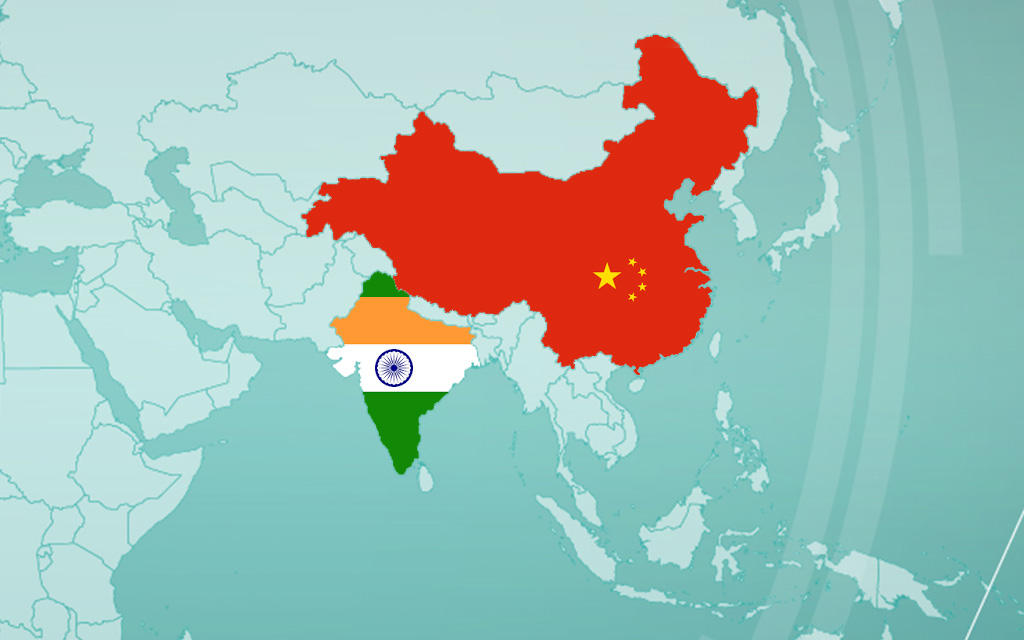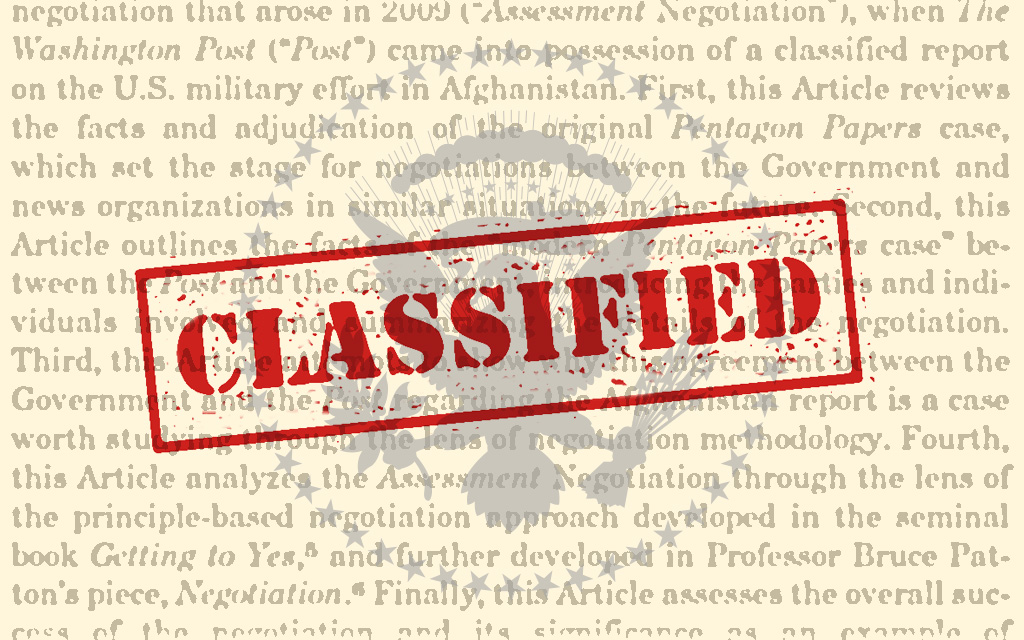Faculty addresses HADR rationale in Indo-Pacific
Three DKI APCSS Faculty members recently co-authored a paper entitled “Rationale for involving the private sector in humanitarian assistance and disaster relief in the Indo-Pacific.” Dr. Benjamin Ryan, Dr. Deon Canyon and Dr. James Campbell all contributed to the paper. The article was also co-authored by Harvard Humanitarian Initiative and Woodrow Wilson International Center for Scholars, United Nations Office for Disaster Risk Reduction, and the National Science and Technology Center for Disaster Risk Reduction. With the rise in disaster frequency and intensity throughout the Indo-Asia-Pacific region, the article explores the significant opportunity that exists for international humanitarian and disaster relief systems [...]













